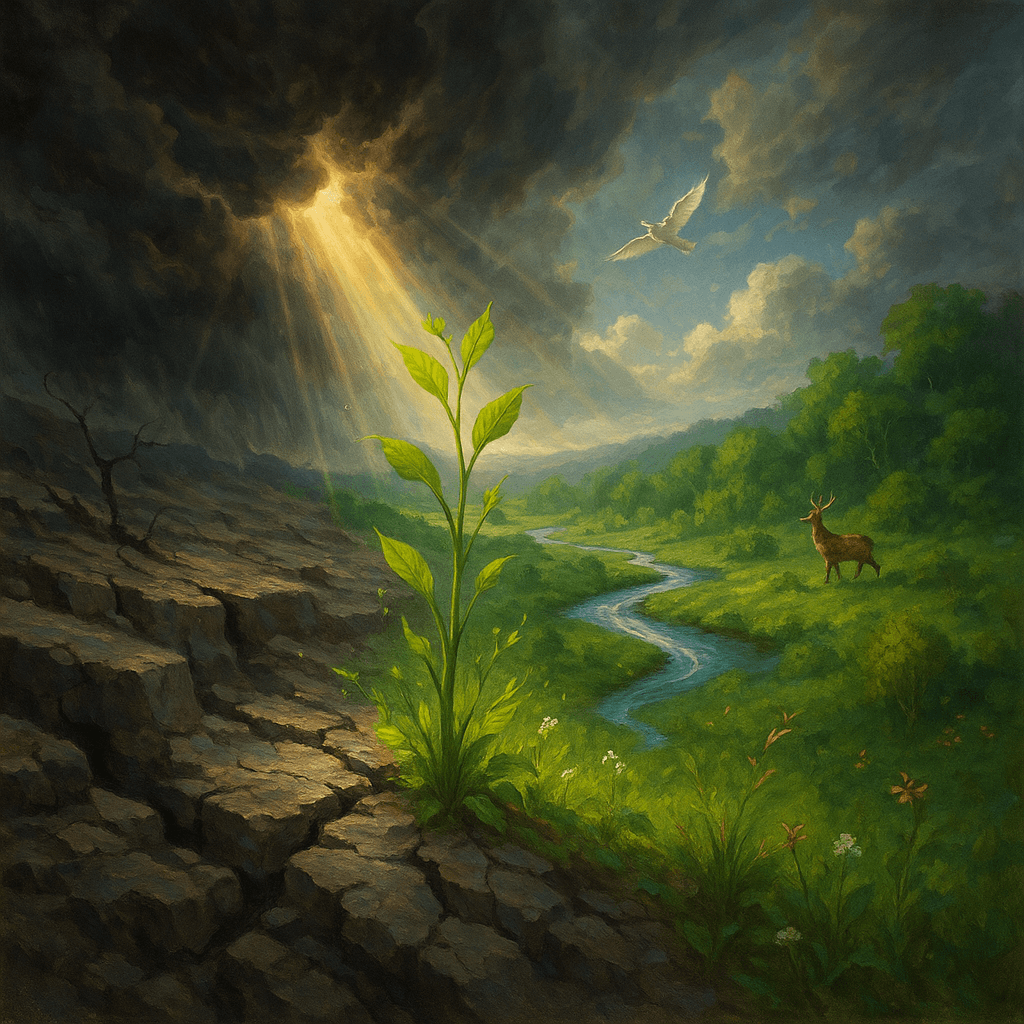Creation as Defiance: Overcoming Stagnation Through Innovation

The act of creation is the act of rebellion against stagnation. — Simone de Beauvoir
—What lingers after this line?
One-minute reflection
What does this quote ask you to notice today?
Defining Creation and Rebellion
Simone de Beauvoir’s assertion roots itself in the philosophy that true creation is inherently disruptive. To create is not merely to produce; it is to challenge the established order, shaking loose the bonds of complacency. In this sense, rebellion is not only political or social—it is also existential. By forging something novel, the creator asserts their agency and proclaims that the current state of affairs is insufficient or incomplete.
Stagnation as the Antithesis of Progress
Building on this foundation, stagnation represents more than inactivity; it embodies a passive acceptance of the status quo. History is filled with periods where routine and tradition threatened to suffocate progress, as seen during the Middle Ages before the Renaissance. Stagnation, then, is not merely lack of motion—it is a denial of potential. De Beauvoir’s statement urges us to see that the creative impulse is necessary to keep societies, ideas, and individuals moving forward.
Historical Manifestations: Art and Society
Throughout history, moments of cultural flourishing have often followed acts of creative rebellion. For example, the Impressionist painters in 19th-century France rejected academic standards, revolutionizing art’s purpose and techniques. Similarly, in literature, writers like James Joyce ignored conventional narrative forms, paving the way for modernism. These examples illustrate how creation acts as both a revolt against the old and a beacon for new possibilities.
The Existential Dimension of Creation
Drawing on de Beauvoir’s existentialist milieu, we see that creation is also an assertion of selfhood against the threat of meaninglessness. In 'The Ethics of Ambiguity' (1947), de Beauvoir emphasizes that individuals must transcend mere existence through projects and initiatives. Creation, therefore, becomes a fundamental act of asserting meaning in an otherwise indifferent world, reinforcing the idea that rebellion is not just societal but deeply personal.
A Call to Continuous Renewal
Ultimately, de Beauvoir’s words challenge each of us to resist complacency and embrace the discomfort of the unknown. Whether through art, science, or everyday problem-solving, the act of creation demands courage and an ongoing willingness to question norms. By recognizing creation as an act of rebellion, we not only combat stagnation but also invite continuous growth and renewal into our lives and communities.